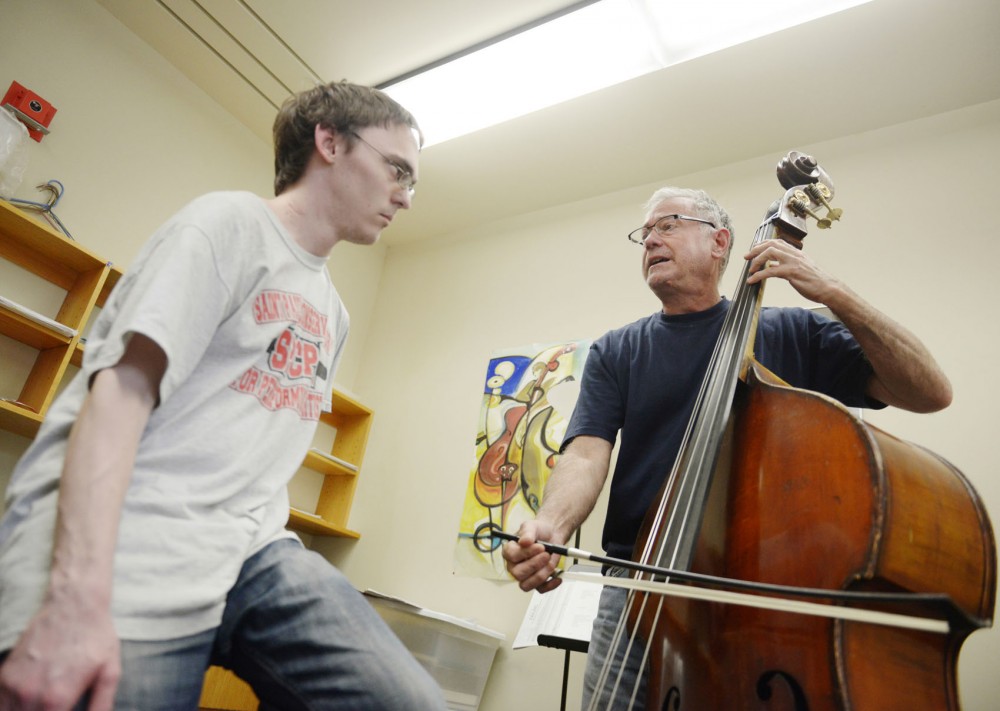The Saint Paul Chamber Orchestra ratified a new, three-year contract Monday after a months-long lockout but not before University of Minnesota School of Music students started questioning their career paths.
The new contract reduces the orchestra from 34 to 28 players and cuts annual pay by almost $14,000, to $60,000 — a seven-year low.
“We believe this agreement will allow for the preservation of artistic quality while ensuring financial sustainability,” SPCO President Dobson West said in a news release.
Although the new contract is uplifting for students, it sets a national precedent of underpaying high-caliber musicians, said Christopher Brown, SPCO’s principal bassist and an adjunct professor at the University.
Brown said the musicians were “treated less than admirably” and demoralized throughout negotiations for a new contract.
They called for an immediate search for a new SPCO leader, the Associated Press reported.
“It came as a big shock to a lot of us that we were no longer good enough,” Brown said. “This was more than just a slap in the face.”
Many orchestra members, including Brown, are eligible to take a special retirement package offered by SPCO, he said, and losing those musicians will hurt the ensemble.
“The real calamity is that we had a great orchestra,” he said, “and now the chances of it being a great orchestra, in my opinion … are lessened.”
Questioning careers
Violin performance sophomore Hannah Howland said it’s scary both Twin Cities orchestras have had problems because it makes her question her career choice. The Minnesota Orchestra has been locked out since Oct. 1, 2012.
The Iowa native said she came to the University because of the various performance opportunities.
“You can just get all this exposure to this music … which is what I want to do with my life,” Howland said. “That in itself is kind of an educational experience.”
There has been an air of uncertainty among music students since SPCO locked out in October, Brown said.
Brown said he walked into his classroom visibly disappointed and sad each day. He said that kind of degradation can make students question their career choice.
“I feel like I’m coming to work here, and I’m letting them down,” he said, adding that one of his students switched from a bass performance major to business.
Brown said the lockout will educate students on the clash between artists and corporate management.
When SPCO concerts resume May 9, Brown will be back with the ensemble, and Howland will be in the audience.
While Brown said he’s happy to be playing music again, there are still some “outstanding issues.”
“It comes with more disappointment than happiness.”








